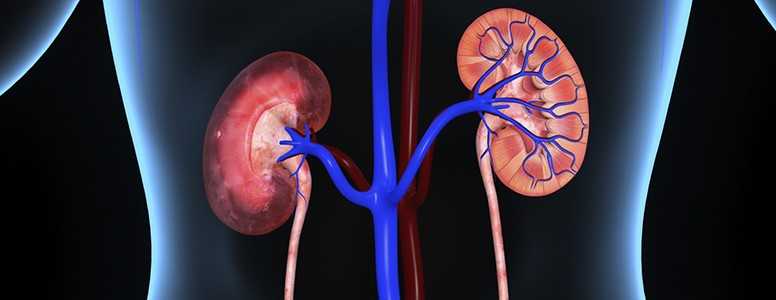Lead exposure in early childhood increases the risk of sleep problems and daytime sleepiness, according to new research.
The study, conducted by researchers at the University of Pennsylvania School of Nursing (Penn Nursing), is the first to measure the impact of lead exposure in a large number of children over a long period of time.
The researchers analysed the data of 1400 Chinese children, beginning in 2004. Although they admitted that lead exposure is less of an issue than it once was – thanks to the phasing out of leaded gasoline and greater public awareness about the risks – they examined neurocognitive, behavioural and health outcomes in the children.
Sleep problems are commonly observed in children and adolescents, including excessive sleepiness during the day, insomnia and disturbed sleep. Problems with sleep are associated with a number of health conditions, including type 2 diabetes. Several studies have found that people who are nocturnal, or who sleep at irregular times, are more likely to develop type 2 diabetes.
“Little is known about the impact of heavy metals exposure on children’s sleep, but the study’s findings highlight that environmental toxins – such as lead – are important pediatric risk factors for sleep disturbance,” said Jianghong Liu, Associate Professor at Penn Nursing and a faculty member at Penn’s Perelman School of Medicine, and principal investigator of the study. “Lead exposure is preventable and treatable, but if left unchecked can result in irreversible neurological damage.”
The researchers found that children who used sleeping pills and experienced insomnia were more likely to have high levels of lead in their blood. Children with blood lead levels greater than 10 ug/dL were three times more likely to have insomnia and use sleeping pills.
David Dinges, Professor and Chief of the Division of Sleep and Chronobiology in the Department of Psychiatry at Penn Medicine, said: “This study addresses an important but often neglected area of sleep science, namely, environmental factors that disrupt sleep biology and behaviour in children and other vulnerable populations.”
Liu explained: “Insufficient sleep and daytime sleepiness is very prevalent in children and adolescents, and it is a pervasive problem that is linked with a significant public health burden. More research needs to be done to identify contributing factors and ways to prevent or reduce their impact. Doing this can not only help alleviate sleep disturbance, but can also indirectly improve sleep-related health outcomes, including cognitio, emotion, behaviour, and in some cases, [type 2] diabetes.”
The researchers point out that China has higher levels of lead exposure than most other countries; other developing countries also have higher rates of lead exposure.
The findings are published in the journal SLEEP.
What's new on the forum? ⭐️
Get our free newsletters
Stay up to date with the latest news, research and breakthroughs.






